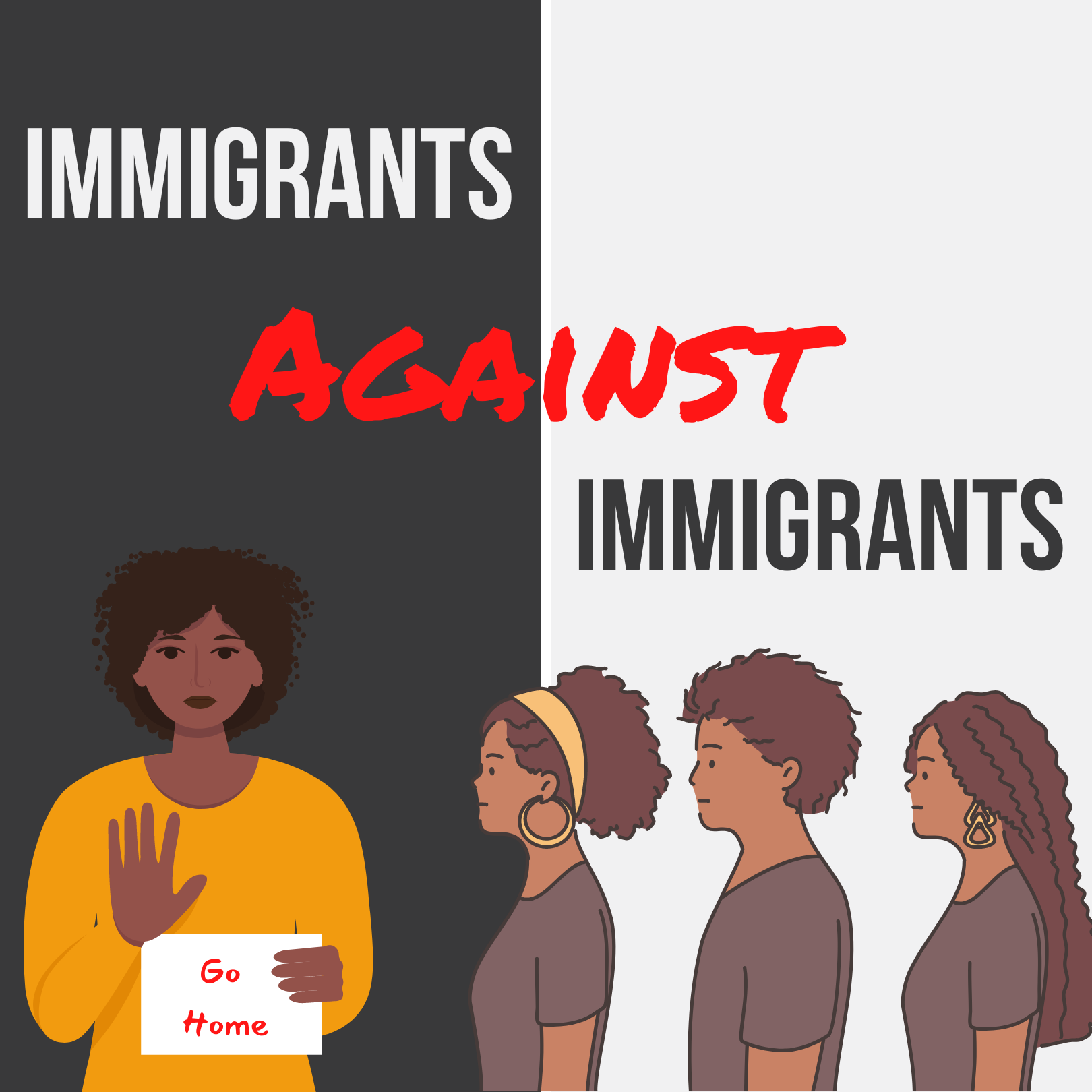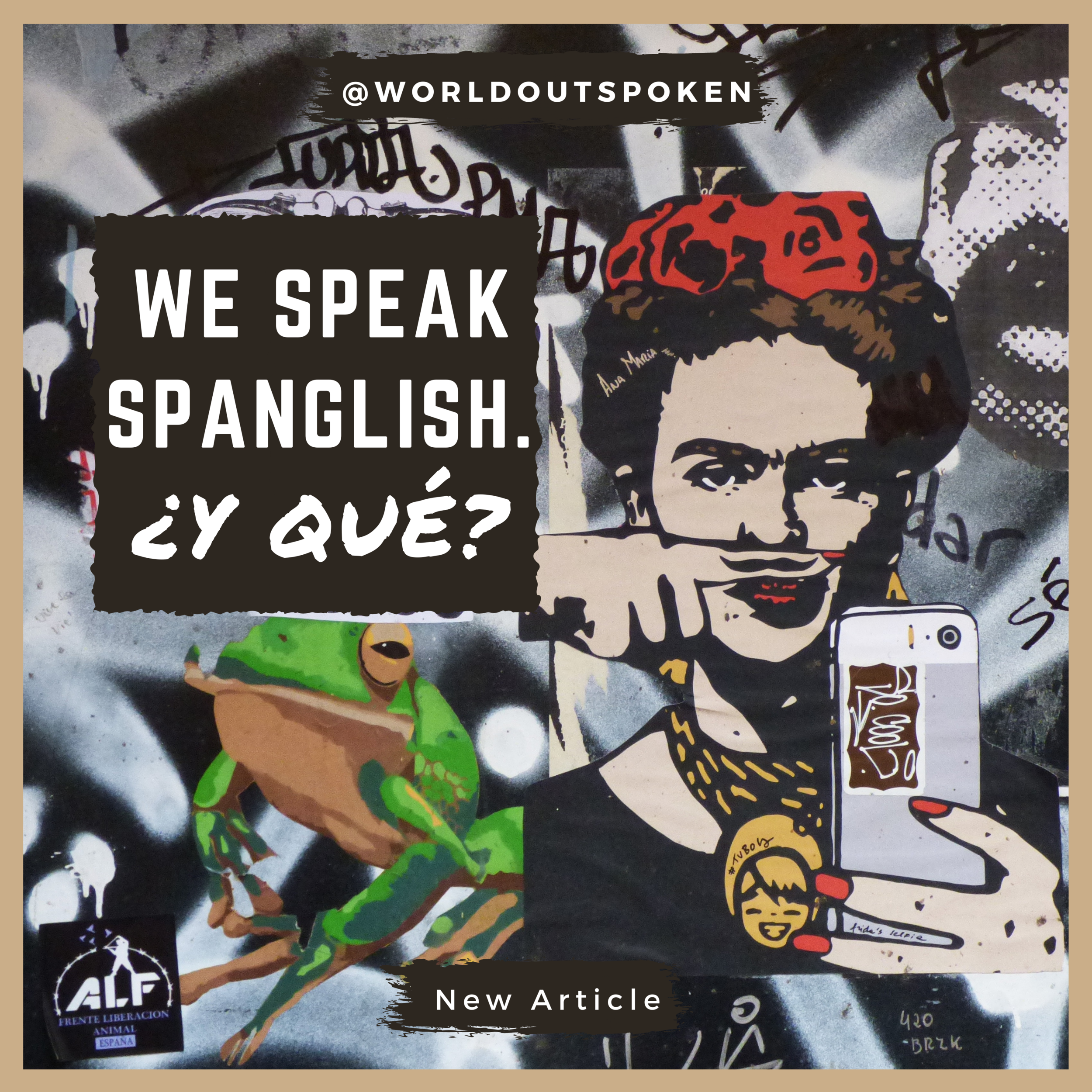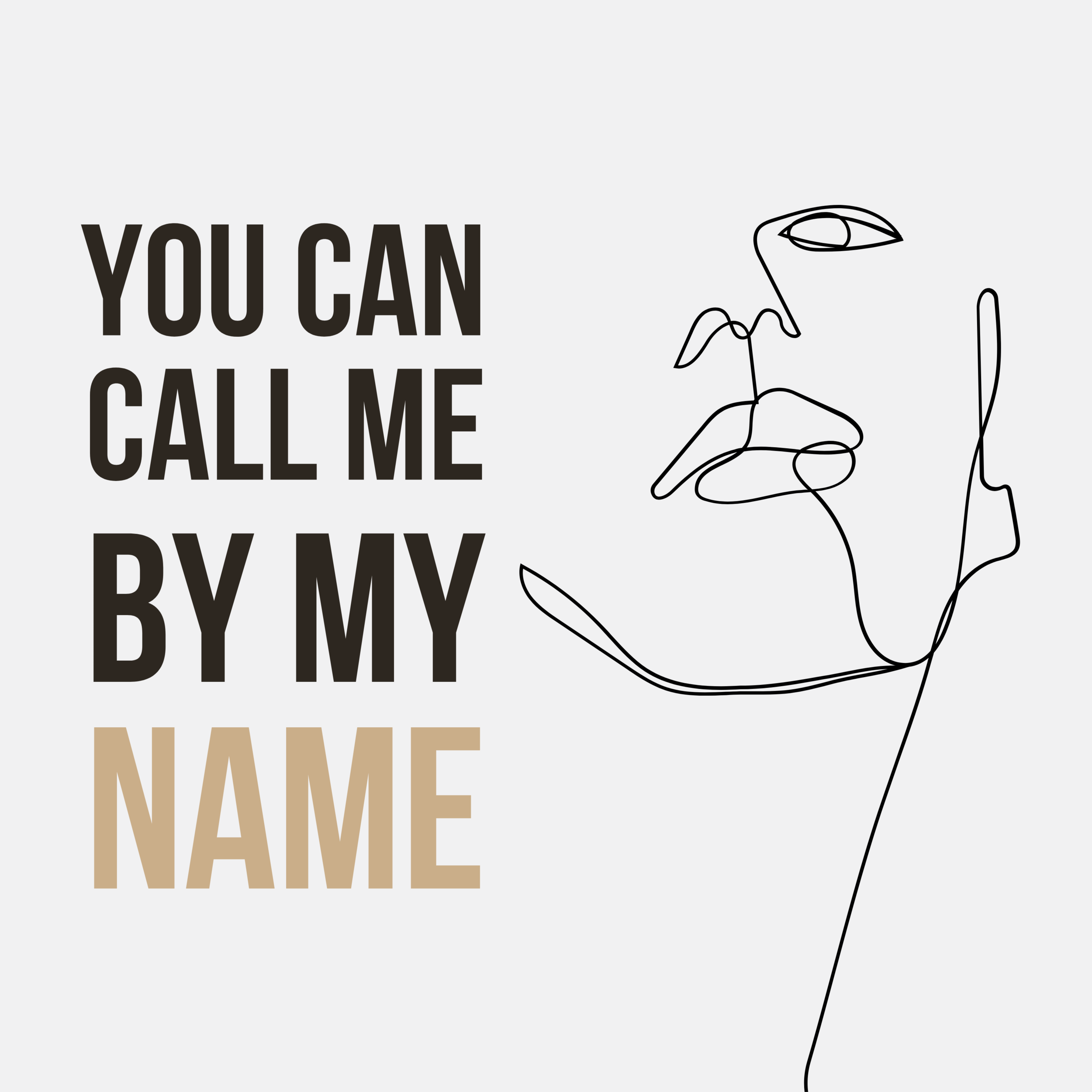I saw her smile slowly disappear. She pressed in hard, frantically gliding the ultrasound, searching for a heartbeat that would never again beat. “Keep trying!” I screamed at her.
“I’m sorry,” she said, “there’s no heartbeat.”
“Keep trying,” I sobbed.
The well-intentioned doctor offered me several explanations that were intended to extinguish my sorrow. She explained that this was a normal occurrence, that it happens to nearly 1 in 4 women, that I was young, and that I would surely become pregnant again soon. She said that miscarriage was a protective mechanism that the body uses when disposing of unhealthy organisms and what I heard was, “You should be grateful that your body is so smart.” She tried to bury my pain in scientific reasoning and normalcy. Normal, normal, normal. Normal, as in trivial, as in my life should not be altered and my heart should not ache. Her words felt cold, the type of cold that burns.
I was convinced that my doctor was not Christian, or she would understand the meaning of sanctity of life and surely know why I was in so much pain.
“She’s desensitized,” I thought. “She’s had to deal with so many miscarriages that she has convinced herself that these are not human lives but a conglomeration of cells with little to no human value.” I believed that her lack of faith had caused her insensitivity so I instinctively sought refuge in my community of faith. To my dismay, Christians also minimized my pain. They wanted to subdue my pain and transform it into something nicer, like hope or gratitude, as if hope and gratitude were the only sentiments allowed to be felt by a Christian woman who had just experienced great loss. “At least you are already a mother,” “You’re young, you can have more kids,” “At least you were not further along,” were some of the comments that pierced me open.
The legitimacy of my pain came into question and I was led to believe that I was foolish for carrying this pain. I only carried my child for nine weeks, yet I carried this pain everywhere I went. I carried it to my bedroom, to my office, and to my car. I carried it in my dreams and in my prayers. The pain accompanied me everywhere and filled spaces that my child could no longer fill. It’s true that your heart physically aches when the pain is too overwhelming, but the heart is not the only part of your body that suddenly feels too heavy. Walking, even the shortest distance, absorbed all of my energy, and eating became a laborious task. It’s odd how the heaviness can be accompanied by an emptiness. The pain becomes so unbearable that your body turns numb, but it’s not the type of numb where you feel nothing; it’s the kind of numb where you feel everything.
My pain was slowly being coupled with something even more isolating – shame. The general perception was that my pain was rather unreasonable or exaggerated. I could hear it in their tone; nine weeks wasn’t enough for me to feel this sorrow. My loss was being compared to the suffering of a woman who lost her baby girl to SIDS[1] and of another whose daughter was stillborn.[2] I think people assumed that this would give me “perspective” and alleviate my pain. I’m sure they weren’t trying to hurt me – they thought these stories would help me heal, but shame is no antidote to pain.
“I should feel better because someone else’s tragedy is worst” was the message being conveyed by people who truly thought were helping me.
Toxic positivity is defined by therapists Samara Quintero and Jamie Long as, “the overgeneralization of a happy, optimistic state that results in the denial, minimization and invalidation of the authentic human emotional experience.[3]” This seemingly helpful mindset, actually produces more harm and trauma because it encourages silencing and transforms pain into a “dirty secret.” In Christian circles, toxic positivity disguises itself as faith and hope and can make individuals feel inadequate in their faith.
One in four women have suffered a miscarriage.[4] “Because it’s so common, medical professionals tend to dismiss pregnancy loss, and friends and family members often fail to register its impact,” explains Dr. Janet Jaffe, director of the Center for Reproductive Psychology. However, the fact that so many women experience miscarriages does not mitigate the suffering. A recent study found that 29% of women who had experienced a miscarriage before 12 weeks, suffered post-traumatic stress disorder. The study also showed that 24% of these women had moderate to severe anxiety and 11% had moderate to severe depression.[5] I soon discovered that several of my own family members had suffered miscarriages. They quietly shared small pieces of their stories with me, almost hesitantly and I wondered if shame had silenced them too. I suspected that the lack of empathy that their stories had been met with transformed their accounts into a hasty narrative. They recounted their experiences in a way that seemed rather frivolous, though their glistening eyes revealed a different truth. “This is what pain looked like under submission,” I thought.
Our sufferings are often placed on a hierarchy constructed by cultural understandings that determine which events should hurt more. Certain tragedies are automatically considered more sorrowful than others. Some griefs are “top-rated,” while other losses are rendered unimportant or are even stigmatized – the pain caused by a son being incarcerated or the death of a loved one due to drug overdose, for example. Society invalidates certain pains at the expense of the sufferer, and we don’t tend to pains that we think do not or should not exist.
Neglecting pain based on prejudices is a phenomenon that is also present in the medical industry. Pain bias negatively impacts women as their pain is often dismissed or minimized.[6] Gender bias in medicine leads to a dismissive attitude that often times, causes misdiagnosis. Christin Veasly, director at the “Chronic Pain Research Alliance,” explains that, “women have been more often referred to psychologists or psychiatrists, whereas men are given tests to rule out actual organic conditions.” A study revealed that women are 50% more likely than men to be misdiagnosed following a heart attack.[7] Maya Dusenbery, author of Doing Harm: The Truth About How Bad Medicine and Lazy Science Leave Women Dismissed, Misdiagnosed and Sick (2019), identified two principal reasons for which women experience significatively higher levels of misdiagnosis than men: 1) there’s a long-standing legacy of women being underrepresented or completely excluded from medical research, which means that medical professionals do not know as much about the female body as they do the male body and 2) women’s accounts about their pain are often met with distrust.
Gender bias contributes to the idea that women are hysterical, making it easy to dismiss their pain, and racial bias insists that certain bodies can withstand more pain. A 2016 study revealed that, “a substantial number of white laypeople and medical students and residents hold false beliefs about biological differences between blacks and whites and demonstrates that these beliefs predict racial bias in pain perception and treatment recommendation accuracy.[8]” These beliefs date back to the 19th century when Thomas Hamilton, a plantation owner and physician obsessed with medically justifying the enslavement of Black people, conducted torturous experiments on John Brown, an enslaved Black man. Hamilton claimed that Black people had thicker skin and less sensitive nerve endings. This myth, plagued with racist conjectures, seems to persist in today’s medical community. According to a 2019 study, Black and Hispanic patients are significantly less likely to receive pain medication, compared to White patients[9]. In short, medical practitioners are less likely to believe us when we say it hurts if we happen to be women or people of color.
The lack of empathy expressed by people changes the manner in which you are able to tell your story. Truth and transparency become marred and you are left with remnants, carefully curated words that vaguely resemble what you feel. The way we listen to people’s stories can help them heal or it can cause more trauma. L.J. Isham describes listening as, “an attitude of the heart, a genuine desire to be with another which both attracts and heals.” To exercise sympathy and compassion and to adopt the type of listening described by Isham, it is not a requirement to have experienced every single type of pain imaginable to the human condition. We don’t even have to agree with the pain, its cause, duration or intensity. Our holy responsibility is not to rate each other’s pain, but to listen lovingly and to believe one another when we say it hurts.
The way we listen to those in pain can have life-altering consequences. Pain is a real, intense sentiment that is often difficult to characterize using words, and culture can also influence the modes of expression adopted by each individual. This is why, it is important to listen with an open heart. I felt that my pain was delegitimized to such an extent that, even as I write this now, I have the lingering impulse to justify my pain to you. I am tempted to convince you that my pain was real. I want to explain what this pregnancy meant to me and detail the agonizing moments with such rawness that you would not be able to sanitize my pain. However, I will not do that. That is too much of a burden for a suffering person. I wrote this piece, not with the intention of putting my pain on display, allowing readers to dissect it and examine it thoroughly until they can recognize its validity, but to address the fact that we should believe people when they say it hurts. We can stand with people in their pain without understanding it. We can come alongside suffering people without having had to experience that specific pain ourselves. We can accompany people in their sorrow and console them without any “words of advice” or proposed “solutions.” We can pray for these individuals without even knowing the full story. The Bible tells us that when one member suffers, we all suffer (1 Corinthians 12:26). It is pain that unites us, and that propels us to love one another as we understand our interconnectedness in God.
We have a tendency to run away from pain and in reality, it is all too easy, especially if it is not our own pain. We look away and cover our ears and hearts with much ease. Indeed, it is much more difficult to stand with someone who is in pain. However, pain is not alien to the human condition, nor is it unfamiliar to Jesus. Our Savior experienced immense pain. In fact, it was the shortest verse[10] in the Bible that brought me the greatest consolation in my moments of sorrow; “Jesus wept” (John 11:35). I was reminded that He didn’t weep because he was overwhelmed by joy and gratitude; He didn’t shed happy tears. He wept in suffering. He wept in loss. Profound pain caused those precious tears, and it was His pain that ultimately brought salvation to the world. Pain, generated by His everlasting love, is central to the gospel message, yet we often try to disguise it or swiftly move past it in our understanding of Him. In fact, “in early Christian times, the belief that Jesus Christ suffered pain was usually not accepted […] freedom from emotion was something to strive for at that time. Only after the acceptance of Christianity as the state religion of the Roman Empire in 380 AD did the pain of Christ again stand in the centre of the Christian doctrine of salvation.[11]” When all trace of pain is removed from the gospel, we are left with an anemic version, one that represents God as just a happy character, incapable of being in the midst of our grief and our suffering. When we attempt to alienate our pain from God, we are inadvertently supporting a theological vision that believes that God is incapable of understanding our pain. When we try to hide our pain away from our Creator, we undervalue His love and grace for us. In The Problem of Pain, C.S. Lewis wrote, “Pain insists on being attended to. God whispers to us in our pleasures, speaks in our conscience, but shouts in our pain.” The Bible does not say that God ignores our pain and pretends it does not exist; Psalm 147:3 reminds us that, “God heals the brokenhearted and binds up their wounds” (NIV). Our pain does not condemn us or separate us from God; on the contrary, it draws us closer to our Maker and to each other.
About Dra. Itzel meduri soto
As an academic from el barrio, Dra. Meduri Soto strives to engage in scholarly work that honors and gives visibility to her community. Her faith drives her passion for justice as she seeks to reveal the ways in which certain language ideologies are constructed to operate unjustly against our communities. Her work acknowledges language as a powerful tool and promotes linguistic diversity in its different manifestations. Bicultural and bilingual identities are at the center of Dra. Meduri Soto’s work. She is a Spanish professor at Biola University where she teaches second language and heritage language learners. To learn more about her work, follow her on Instagram: @la.dra.itzel
Footnotes
[1] Sudden Infant Death Syndrome
[2] “A still birth is the birth of a baby who has died any time from 20 weeks into the pregnancy through to the due date of birth. The baby may have died during the pregnancy or, less commonly, during the birth” (Pregnancy Birth & Baby).
[3] https://thepsychologygroup.com/toxic-positivity/
[4] American Society for Reproductive Medicine.
[5] “Posttraumatic stress, anxiety and depression following miscarriage and ectopic pregnancy: a multicenter, prospective, cohort study” American Journal of Obstetrics and Gynecology (2019).
[6] “‘Brave Men’ and ‘Emotional Women:’ A Theory Guided Literature Review on Gender Bias in Health Care and Gendered Norms Towards Patients with Chronic Pain” Pain Research and Management (2018).
[7] “Impact of Initial Hospital Diagnosis on Mortality for Acute Myocardial Infarction: A National Cohort Study” European Heart Journal – Acute Cardiovascular Care (2018).
[8] “Racial Bias in Pain Assessment and Treatment Recommendations, and False Beliefs about Biological Differences Between Whites and Blacks” Proceedings of the National Academy of Sciences of the United States of America.
[9] “Racial and Ethnic Disparities in the Management of Acute Pain in US Emergency Departments: Meta-Analysis and Systematic Review” The American Journal of Emergency Medicine.
[10] It is the shortest verse in many translated versions.
[11] Markschies C. Der Schmerz und das Christentum. Symbol für Schmerzbewältigung? [Pain and Christianity. A symbol for overcoming pain?] (2007).
Articles like this one are made possible by the support of readers like you. Donate today and help us continue to produce resources for the mestizo church.









